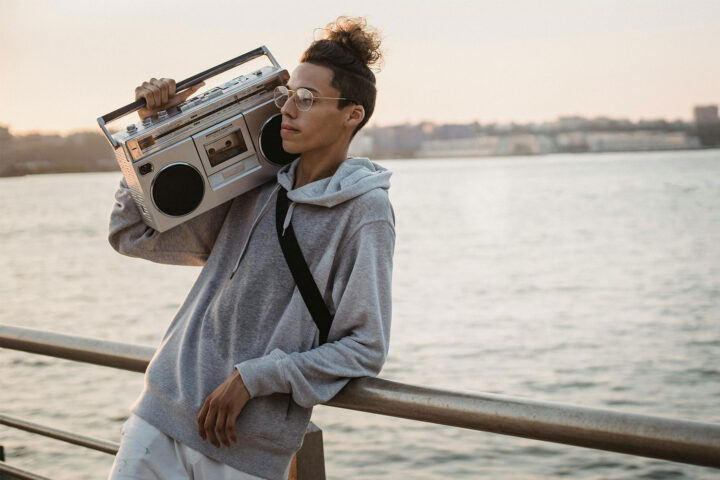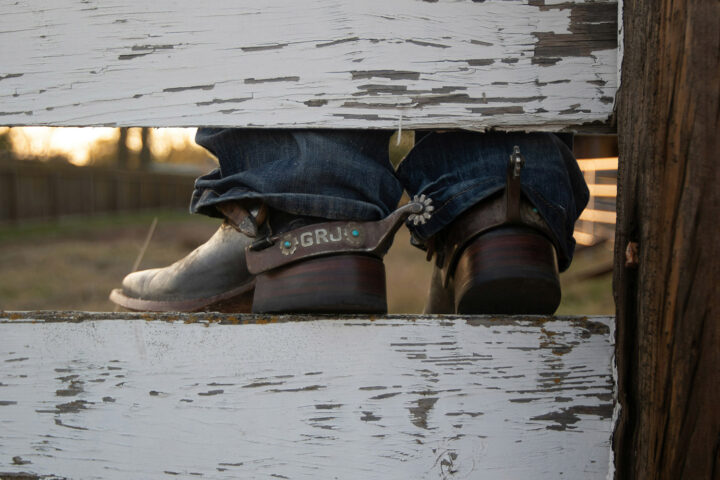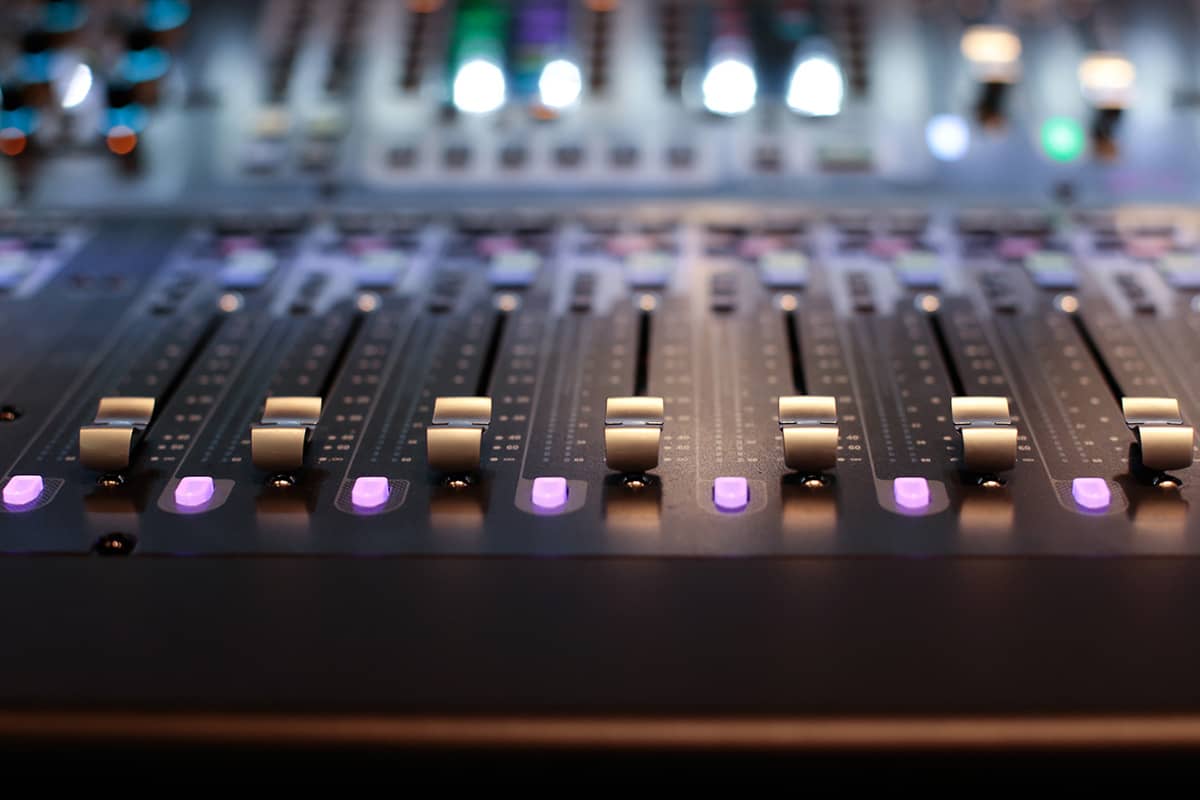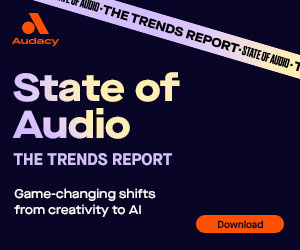Ed Lover, RUN-DMC's Darryl McDaniels, and More Explore the Birth of Hip-Hop
The celebration of one of the world’s greatest genres continues as we roll out the Hip-Hop Made takeover of the Beyond Black History Month podcast with Femi Redwood. LISTEN NOW: The Birth of Hip Hop: Part One.
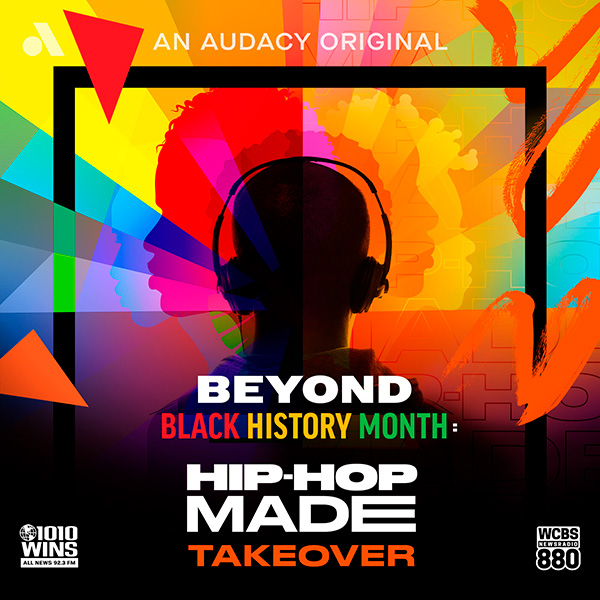
HIP-HOP MADE
This first episode takes you all the way back, back to before Hip-Hop was established.
Redwood dives into protest poetry with first guests, The Last Poets. Forming the trio back in 1968 in Harlem, New York, they heavily focused on how to liberate Black people without bloodshed. As they spoke over beats, they unknowingly created the blueprint for what we now know as Hip-Hop.
While the Last Poets are considered “the godfathers” of Hip-Hop, founding members don’t see that as true. “I’m sure there was a place in Africa a long time ago” that also spoke over rhythmic patterns, Abiodun Oyewole said, one of the The Last Poets founding members.
Former Yo! MTV Raps host, Ed Lover recalls when he was younger and his first introduction to Hip-Hop came from his uncles bringing records over. “Him bringing The Last Poets over so I guess that was like really like the first introduction into what would become Hip-Hop… What The Last Poets were doing was leading up to rap.”
David Nelson, another founding member of The Last Poets, laid it out like this. “The Last Poets are the first rappers,” and there’s no argument there.
Fast forward a little bit to the 1970s, came the birth of the infamous neighborhood block parties, which became the epitome of joy for Black and Brown neighborhoods. As they may have struggled throughout the week with fires and many other issues, people look forward to Fridays for these block parties to release themselves from all of the stress and hardships they experienced throughout the week.
It was at these parties that Clive Campbell, famously known as DJ Kool Herc studied and found the inspiration for his craft. There were two things he noticed at these parties: DJ’s were only using one turntable and people loved the breaks in songs. This led him to establishing what Herc referred to as the “merry-go-round,” utilizing two turntables he could play two of the same records at the same time and extend the breaks. After lots of practice, Herc DJ’d his first party courtesy of his sister Cindy. It was at this memorable party that Herc became known as the “founding father of Hip-Hop.”
While Hip-Hop is considered to have been established by DJ Kool Herc in 1973, some may argue that there were DJs who started before him. But Hip-Hop historian Rich Nice would argue that while some may have started DJ’ing before Herc, they weren’t doing Hip-Hop like Herc.
Nice shared his first time experiencing DJ Kool Herc, “it was almost as if he was doing magic.”
At this time many people hadn’t heard music being played so loud as Herc used massive size speakers. He recalls hearing a man scream at him and his friends asking to plug something in. Nice took the cord, plugged it in and what he heard next left him in amazement. “We really had no clue, he starts to play the music and then he starts to cut the records, and we’re just like ‘OHHHH, look what he did!’”
It wasn’t long before DJs started to follow suit and add their own style. Grandmaster Flash was the first DJ to use fingertips on vinyl and Grand Wizzard Theodore invented scratching. Theodore was like an apprentice to Grandmaster Flash. Because Theodore’s older brother was partners with Flash, he often got to follow them around to events.
Theodore knew he had a gift and that if he wanted it to be recognized he’d have to do something that hadn’t been done before. So he created needle dropping and scratching when he was 12 years old.
Hip-Hop continued to progress and then came the role of MCs. The “master of ceremonies” would work in conjunction with DJs to make announcements, tame the crowd, do call-and-response and eventually get creative and rhyming over popular songs.
Tapes also played a pivotal role in the spreading of Hip-Hop. “The way I heard the music that was taking over the Bronx and the Hip-Hop that was going on was tapes,” Ed Lover shared, explaining how people would record tapes of live DJ performances and share them with family and friends.
Founding member of the rap group Run-D.M.C, Darryl McDaniels along with others agree that it’s hard to pinpoint where the start of Hip-Hop really began, but what he does know is that it was way before people started recording raps and beats. “The bad thing about Hip-Hop anniversaries is it gets dominated by us record making cats… The best period in Hip-Hop is the period before recorded rap because when it got recorded it became the music business,” McDaniel said. He argues that all of the starts need to be “recognized.”
For more, check out audacy.com/hiphopmade all through 2023.
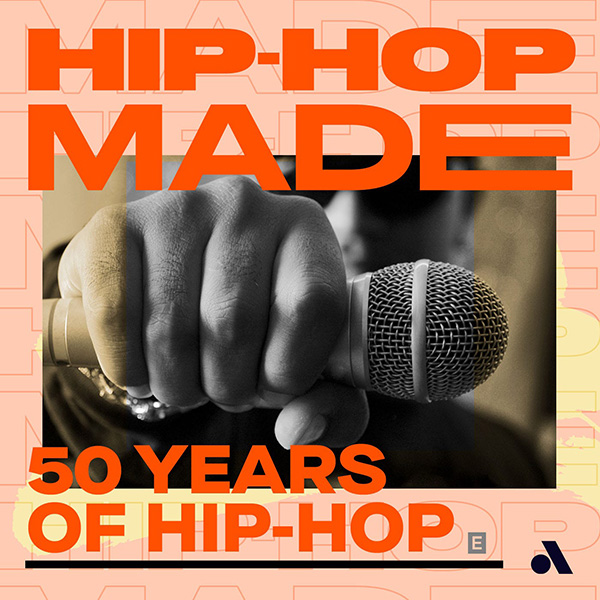
Article originally published on Audacy.com by Yasmeen Akbar

